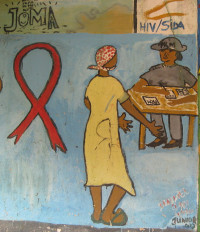The Client Newsletter is a quarterly publication that provides information on upcoming events, HIV related articles, a prevention column called “Ask Fudge” and information about our Client Advisory Board. If you don’t get the newsletter in the mail, let your Care Coordinator know or you can fill out the form below to subscribe to our eNewsletter format.
[contact-form to=’hfudge@hivalliance.org’ subject=’eNewsletter for Clients’][contact-field label=’Name’ type=’name’ required=’1’/][contact-field label=’Email’ type=’email’ required=’1’/][contact-field label=’County of Residence’ type=’url’ required=’1’/][contact-field label=’Care Coordinator’ type=’textarea’ required=’1’/][/contact-form]









